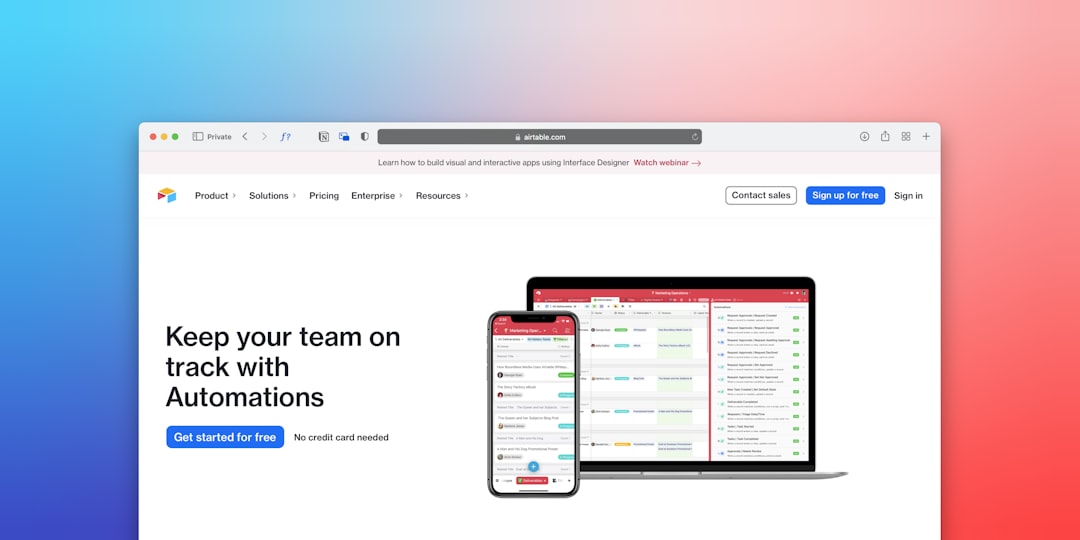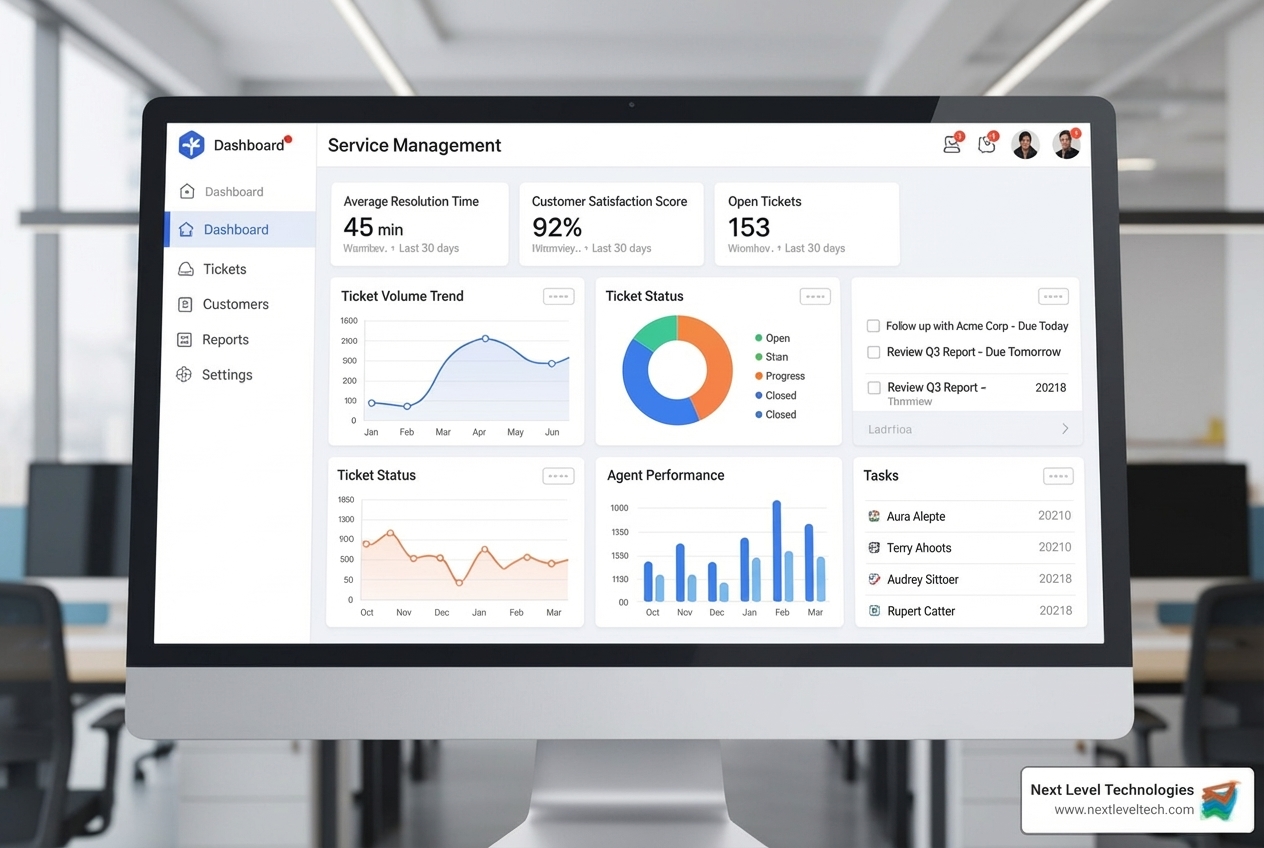Top 7 Tips for Choosing the Best IT Company for Your Business
November 2, 2021

Unlock innovation & cut costs with expert Open Source managed services. Boost security, efficiency, and compliance for your business.
February 2, 2026

Compare IT Service Management Tools. Learn key features, benefits, and how AI can transform your IT operations for peak efficiency.
January 30, 2026

Unlock efficiency with service management software. Streamline operations, boost customer satisfaction, and transform your business.
January 29, 2026
November 2, 2021
Outsourcing your IT support to an IT company can help you save money, be more secure, and be more productive. Yet all of these improvements are predicated upon you choosing a great IT services company to help you.
Making the wrong choice here could cause serious issues for your business and its IT infrastructure. So, if you're trying to find a great IT support company, what should you look for?
In this guide, we're going to take a look at how you can find a fantastic IT company that can help you out in Colombus, Ohio. Are you ready to learn more? Then let's get started!
The most important factor when finding a great IT company is their distance from your business. While you can do a lot of things remotely, there are some things that you'll need an in-person technician for.
For instance, if your computers aren't booting, a technician won't be able to connect from their office and fix your problem. If you've got a malware infection, the malware may block remote access, which means an in-person visit. This is only possible if you hire a local company.
If you're in Columbus, Ohio, choose a company that's in the urban area, rather than outsourcing your IT support to a different state or country.
One of the key reasons that people hire an IT support company is cost. It's often a lot more cost-effective to outsource your IT support, as it allows you to streamline your IT department and have them focus on more important matters.
If the IT company is going to cost you more than your in-house staff without offering notably better services, you're not getting a good deal.
Take a look at how much you could save on your IT by outsourcing it. Then don't hire an IT company unless they'll help you save that much. While there are certain circumstances that could make a more expensive service worth it, keep your current services and budget in mind when hiring an IT company.
No two businesses are exactly alike, but there are certain cybersecurity trends in each industry. For instance, if you're dealing with healthcare data, you need to make sure that your IT security is up to HIPAA standards.
If the IT company that you're looking at doesn't have any experience in your industry, it's worth questioning whether they'll be able to provide you with an appropriate level of support.
It's tempting to think of IT support as a concept that's bound to workstations, but this couldn't be further from the truth. While some issues are confined to workstations, such as issues with office software, there are also problems that can occur on your network infrastructure.
For instance, if a hacker carries out a DDOS attack on your servers, how would you respond and get your website and other online resources back? If a network switch dies and causes connectivity issues, what will you do?
If you don't immediately know the answer to these questions, that's a serious problem. These aren't rare occurrences and they can cause serious disruption to your business. At worst, they could cause a data breach or result in lost data, which could cause long-term problems for your company.
If you wouldn't be able to solve networking issues, you need to make sure that any IT company that you're looking at offers networking support as well as workstation support. It could save you serious problems in the future.
When we mentioned hiring a local IT company earlier in the article, you may think that this would always come with fast response times. However, sometimes this isn't the case. If you need IT support, time is a crucial factor: the longer your company takes to respond, the more productivity you will lose.
Ask any IT company that you're considering hiring about their response times and see how long they expect it to take for you to get the help you need. It's also worth asking about how long it will take for the issues to be resolved, but this will vary a lot from problem to problem.
You should always make sure that any IT company you hire has relevant qualifications. In some cases, this will be a college degree, while in other cases, it will be a Microsoft certificate or certificates from other training courses.
If not all of their technicians have formal qualifications, this isn't necessarily a reason to avoid hiring them. If they don't have qualifications, make sure that they have an equivalent amount of experience instead.
As your company grows or shrinks, you need your IT support to match it. For instance, let's say that over several years, you hire 100 more employees. This is 100 people who will need IT support, so will the IT company in question be able to handle this increase?
If you find a great IT support company and want to stick with it, make sure that it also offers packages of greater or lesser support, so that you can get the support you need as your needs change.
We hope you've enjoyed this look at how to find a great IT company in Columbus, Ohio. If you're looking for a company that will take care of all of your needs, we'll be happy to help you.
For more information about the services that we offer, take a look around our website. If you would like to book a consultation or have any questions, don't hesitate to contact us today!
Unlock innovation & cut costs with expert Open Source managed services. Boost security, efficiency, and compliance for your business.
February 2, 2026
Compare IT Service Management Tools. Learn key features, benefits, and how AI can transform your IT operations for peak efficiency.
January 30, 2026
Next Level Technologies was founded to provide a better alternative to traditional computer repair and ‘break/fix’ services. Headquartered in Columbus, Ohio since 2009, the company has been helping it’s clients transform their organizations through smart, efficient, and surprisingly cost-effective IT solutions.
